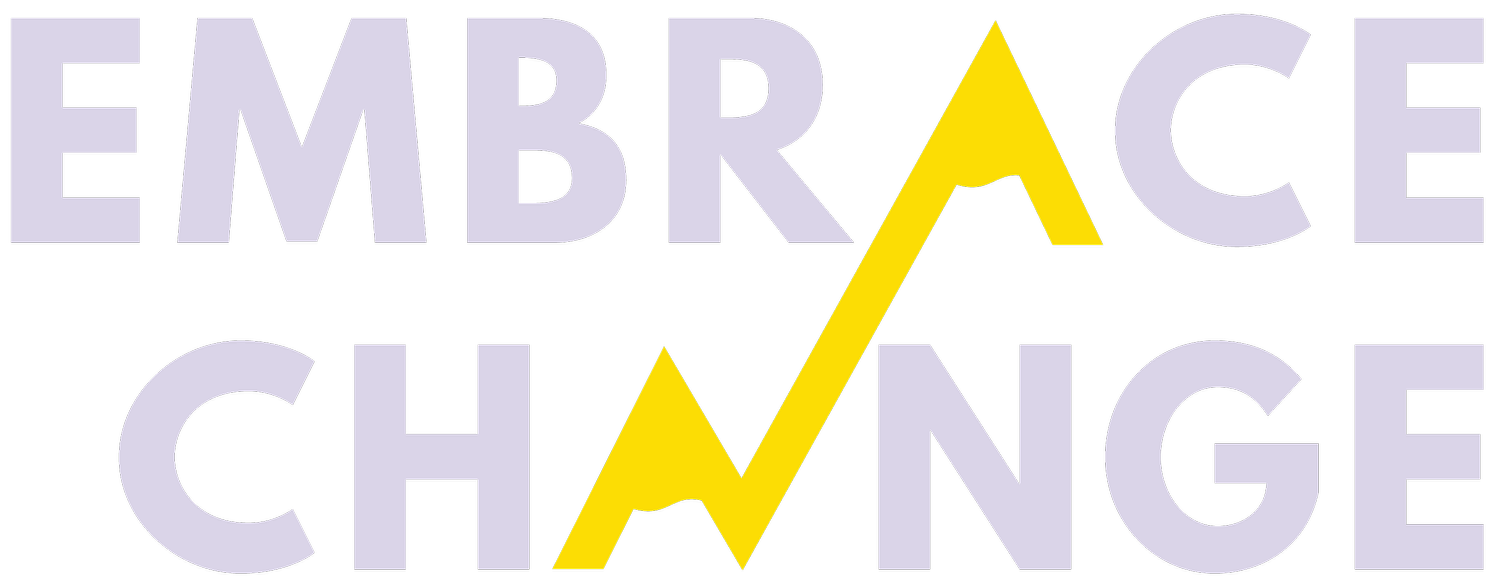Why Introverted Leaders Outperform Extroverts By 28%, Study Reveals
This article originally appeared on Forbes.com.
Move over, charismatic showboats—introverted leaders drove 28% higher productivity from proactive, engaged teams compared to their extroverted counterparts, according to one study by Adam Grant from Wharton, Francesca Gino from Harvard Business School and David Hofmann from UNC-Chapel Hill’s Business School.
The finding runs counter to conventional wisdom about what makes an effective leader. While extroverts often steal the spotlight at work, introverted leaders are quietly revolutionizing modern workplaces by demonstrating how thoughtful competence can outshine performative leadership any day of the week.
The productivity gap also illuminates a global workplace paradox. The Myers-Briggs Company reports 56.8% of people globally identify as introverts. Yet according to researchers Simon Liegl of the Liechtenstein Business School and Marco Furtner of the University of Innsbruck, leadership roles still traditionally favor transformational leadership—a style that emphasizes traits associated with extroversion.
The Power Of Introverted Leaders: Five Key Strengths
Remember that seemingly shy colleague who listened more than they spoke? If you’ve got a proactive company culture, they may be just who you need in your leadership pipeline. Turns out, giving people space to think and ideate can do more for your company’s bottom line than motivational speeches and all-hands theatrics.
The secret sauce to introverted leaders’ success? They’re mastering:
Deep listening that makes team members feel genuinely valued and thus more likely to be productive and engaged
Data-driven decision making that prioritize facts over feelings and optics
Strategic use of silence that encourages deeper thinking
Effective, efficient and persuasive written communication
One-on-one relationships built through authentic connection, not surface-level small talk
Rethinking Leadership For The Modern Workplace
While extroverted leadership is far from dead (someone has to give those company-wide pep talks), organizations are waking up to the power of introverted leadership, in part thanks to high-profile introverted CEOs like Bill Gates and Warren Buffett.
These examples point to a need for companies to evolve how they identify, support and promote leadership talent. Rather than defaulting to extroverted behaviors as proxies for leadership potential, companies should evaluate candidates based on what truly matters: the merits. What is this employee’s actual ability to build cohesive teams, make intelligent and strategic decisions in unpredictable times and still deliver excellence consistently?
The Future Of Leadership Is Getting Quieter
The stakes for navigating this shift successfully are high. As workplace dynamics rapidly evolve—with rising expectations for meaningful collaboration and innovation across time zones, generations and cultural differences—the methodical, connection-focused approach of introverted leaders is exactly what many organizations need. Their natural tendencies toward careful listening, data-driven thinking and authentic relationship-building will be critical in shaping the workplace cultures that will thrive in tomorrow’s business landscape.
Even traditionally successful extroverted leaders could learn a thing or two from introverted approaches and styles to leadership, particularly as global markets demand more varied and adaptive leadership capabilities.
For aspiring and introverted leaders, these developments may mean you can finally stop practicing your “executive presence” in the mirror. The future of leadership might be quieter than we imagined, but its impact will speak volumes. In a world of constant noise, sometimes the softest voices carry the furthest.


